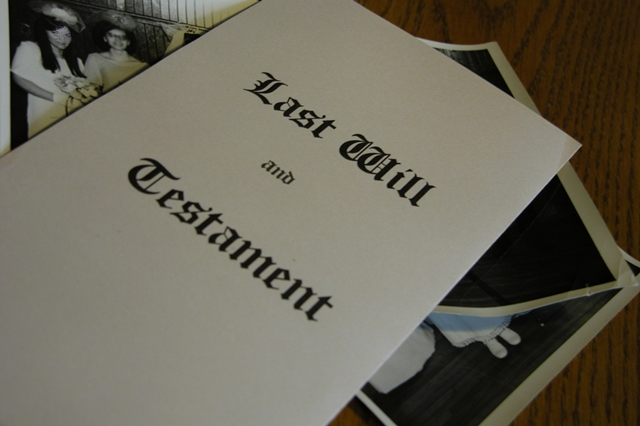Generally, I advise clients that trusts are more appropriate, especially if the client wants his or her heirs or beneficiaries to avoid probate. Preventing an estate from going through probate is beneficial if the estate is sizable, i.e., consists of a house, life insurance, a retirement plan or securities, one or more automobiles, and furnishings. However, there are circumstances when a will may be more appropriate:
- If there is no will, then the property might be distributed to, or in proportions, someone unintended by the decedent. For example, your spouse might only receive 1/3 of the estate’s personal and real property and the remaining 2/3 will go to a child or relative who kicked your dog. Equally egregious is that the property could be distributed to the state, which may have already benefited from receiving several years of income and sales taxes from you.
- If the estate is modest, for example $100,000 – $200,000, avoiding probate is even more reasonable and it may be possible to waive a probate hearing, so a trust under these circumstances is probably unwarranted.
- A grantor may not want to designate a trustee and may not want to be a trustee during his or her lifetime.* So, by using a will, a sizable estate will go through probate but each legatee will ultimately be responsible for the preservation and enrichment – or diminution – of his or her own gift.
- If the testator has minor children and doesn’t want the court to determine guardianship in the event of death or incapacity, then a will can nominate who should be the guardian.
- A grantor with no desire to continually update a trust document may use a pour-over will, a simple mechanism by which all of the estate is designated to a trust. Okay, so this one is a compromise betwixt the 2 but “4 1/2 Reasons…” just didn’t flow.
* A settlor, also referred to as a “grantor,” is the individual who creates the trust.

